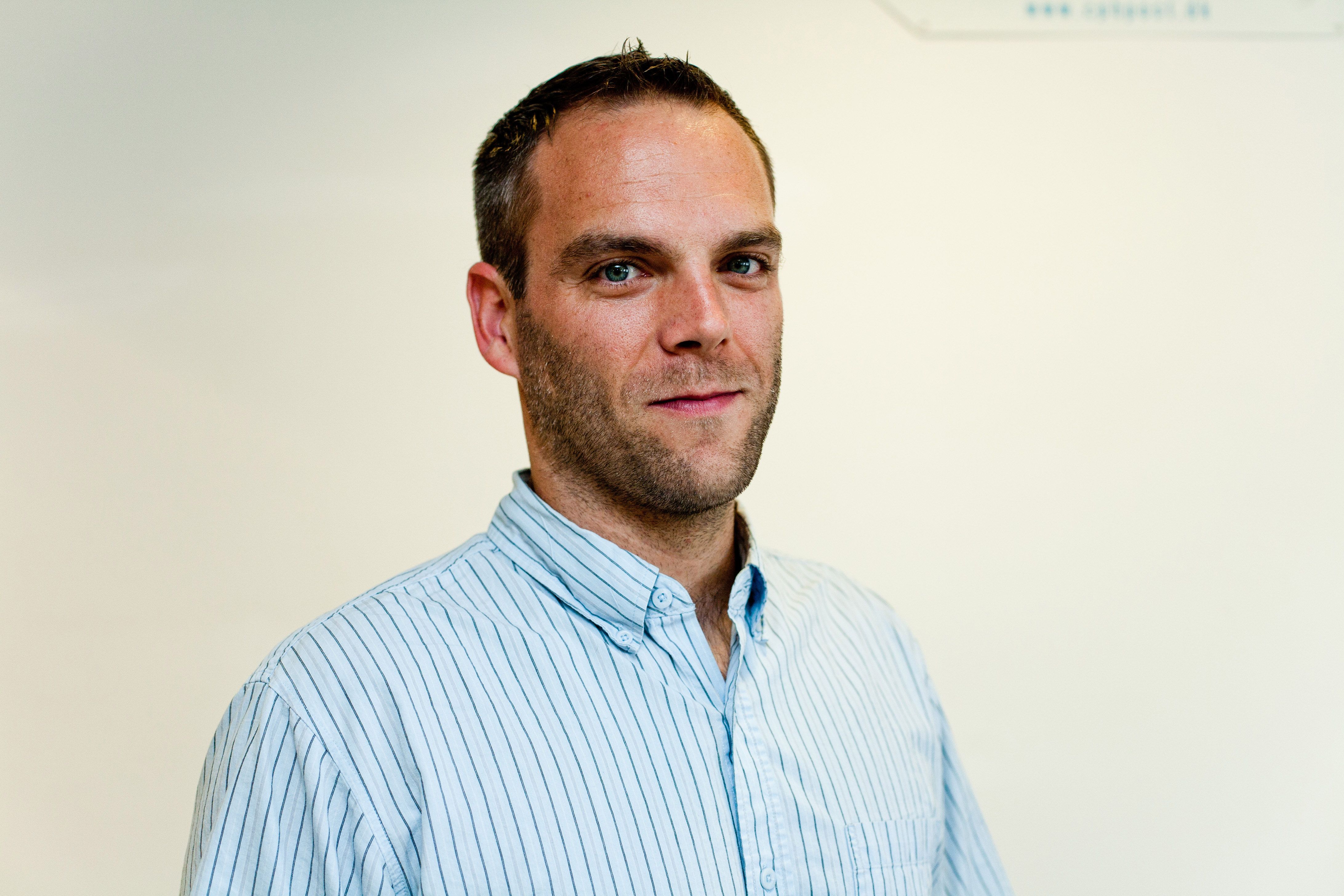Thanks to a lovely getaway to the Canary Islands last week, I did something that is increasingly difficult in this day and age: I largely cut myself off from the outside world.
With my days full of sun, fun and activities and my evenings filled with a pleasant exhaustion and an internet connection that was just short of worthless, I went a full eight or nine days with no news and very little social media.
I avoided obsessing over the slow-motion train wreck that was the US governmental shutdown, missed the harrowing updates from the siege at the Nairobi supermarket, and the uproar over the Trængselskommission’s road pricing proposal and the subsequent relief when the traffic minister shot it down. Most importantly, I was spared the endless banalities I normally encounter as I continuously – and somewhat inexplicably – scroll through Facebook and Twitter.
The break was good for the soul, and apparently it is something of an annual process I need to undergo, given I broached this topic in a previous column last October.
The one thing I truly missed while offline was the chance to see the final two episodes of ‘Breaking Bad’, one of the very few television shows I’ve watched over the past five to seven years and the one that has gripped me like no other. When I got back online, I found myself having to avert my eyes from certain sites lest I receive an unwanted spoiler, and that gave me pause for reflection on just what passes as ‘news’ these days.
I understand and expect that people on social media will have something to say about the conclusion of a wildly successful television show. But should I really have to quickly scroll past stories about a television show on The Huffington Post, which at least attempts – stories of nip slips, celebrity rumours and the rampant overuse of ‘OMG’ in headlines notwithstanding – to pass itself off as a legitimate news source?
HuffPo is certainly one of the worst offenders of dumbing down the media landscape. As I sat down to write this, and as the aforementioned government shutdown became a reality, the most popular ‘story’ was about some dude who was de-friended by some other (Bible-thumping) dude on Facebook for posting photos from his gay brother’s wedding. Who gives a shit? Why am I seeing this on a news site?
But, to be clear, this isn’t just an American media phenomenon. The Danish press is guilty of it as well. Information, a newspaper that I have a lot of respect for, recently had Lady Gaga on its cover and ran a story on an ‘expert’ opining on why viewers perceive Breaking Bad’s Skyler White as a bitch. The announcement that Justin Timberlake would give a concert at Parken filled my news feed with the same prominence as the opening of the parliamentary session.
Every single morning, metroxpress fills three to four pages with photos shamelessly lifted from regular people’s Instagram and Twitter accounts. People like ‘Chili Klaus’, who is just some guy who eats hot chillis while talking to the camera, somehow get deemed newsworthy and work their way into traditional media. His popularity even led to Aarhus’s mayor, Jacob Bundsgaard, paying him a visit and scarfing down a chilli in what many criticised as a cheap stunt ahead of the November elections.
Another guy, Ronnie Garner, has become a viral sensation for telling lame jokes, and media outlets will make stories out of his videos. One story posted on BT read, in its entirety: “Ronnie Garner has become popular on Facebook, where he uploads videos with his jokes. Hear one of them here.” The ‘journalist’ who wrote this two-sentence masterpiece and uploaded the video was even proud enough of her work to include a byline.
One day this week, a photo of a sleepy looking worker at a small bank on Funen’s staff webpage makes the rounds on Twitter, and the next day metroxpress ran an interview with the guy.
As someone who spends his working hours in the slowly dying business of printing old news on dead trees, I fully understand the need for newspapers and other traditional media outlets to adapt to the new rules.
But when random things said by random people on a social media site become ‘news’, and when dissecting TV show finales and the latest celebrity hook-up become an integrated part of the media landscape, it’s no wonder those rare breaks feel so damn good.















